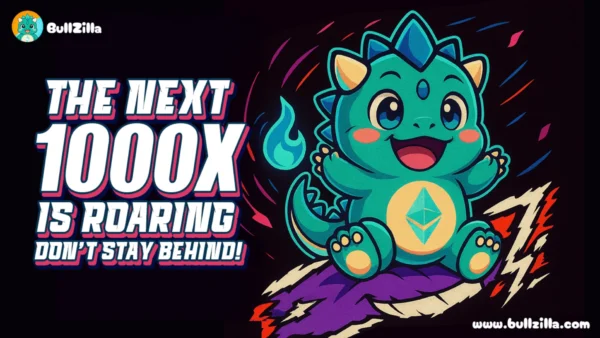
It’s expected that blockchain technology will reach new heights of transformation in 2025, with a range of industries using its benefits to make things run easier, be more open, and be safer. Blockchain isn’t just for cryptocurrencies anymore—it’s molding new ideas and upsetting traditional paradigms in everything from games to supply chain management.
Gaming and iGaming
When blockchain technology comes out in 2025, it will help the gaming and iGaming industries the most. Since blockchain is decentralized, in-game items like skins, weapons, and virtual currencies are truly owned by the players who use them. This makes trading safely across platforms possible. Blockchain makes ownership impossible to change, so gamers no longer have to worry about losing their items when the server crashes or the game shuts down.
Meanwhile, the iGaming sector is making waves with blockchain-powered innovations. Casinos utilizing blockchain enhance trust by providing transparent and tamper-proof records of game outcomes. As well, innovative platforms within online casinos are setting new standards in user experience by offering features such as lightning-fast withdrawals. These casinos cater to modern players who value convenience and reliability, making them a go-to option with the fastest payout. Such upgrades ensure that players enjoy uninterrupted gaming without unnecessary delays or concerns about fairness.
Supply Chain Management
Another area that blockchain technology is redefining is supply chain management. In 2025, companies are leveraging blockchain to create transparent and traceable systems that track goods from their origin to the end consumer. For example, food and beverage companies can use blockchain to ensure product authenticity, allowing customers to verify whether the produce they’re buying is organic and sourced ethically.
Luxury goods manufacturers are also utilizing blockchain to combat counterfeiting. By placing unique blockchain-verified digital certificates into their products, they’re giving buyers the confidence that what they purchase is genuine. Such applications of blockchain are not only increasing operational efficiency but also building trust with consumers.
Healthcare
The healthcare industry is tapping into blockchain to revolutionize data management and improve patient care. Blockchain provides a secure and immutable way to store medical records, ensuring that sensitive patient information remains confidential while being easily accessible to authorized personnel. This eliminates issues such as duplicate records or unauthorized access.
Pharmaceutical companies are also benefiting from blockchain’s traceability features. By integrating blockchain into their supply chains, they can prevent counterfeit drugs from entering the market and ensure that medications are delivered safely and efficiently. The result is a more trustworthy and effective healthcare system.
Real Estate
Real estate, traditionally burdened by paperwork and lengthy processes, is seeing a much-needed transformation through blockchain technology. Smart contracts—self-executing contracts with the terms directly written into code—are simplifying property transactions. These contracts eliminate intermediaries, reduce costs, and ensure faster processing times.
Besides, blockchain’s transparency allows buyers to verify property ownership and history, significantly reducing the risk of fraud. Property tokenization is another innovation, enabling fractional ownership and making real estate investment more accessible to a broader audience.
Moreover, the use of blockchain in real estate connects to broader financial trends, such as Bitcoin price predictions. As cryptocurrencies like Bitcoin gain mainstream adoption, their price trends could influence real estate tokenization and investment strategies. For instance, rising Bitcoin prices might encourage investors to diversify their portfolios by entering the fractional ownership space enabled by blockchain technology.
Retail
Retailers are turning to blockchain to overhaul loyalty programs and enhance customer engagement. By utilizing blockchain, brands can create secure and interoperable loyalty systems where customers earn and redeem points seamlessly across different stores and platforms. Blockchain eliminates the inefficiencies and silos that often plague traditional loyalty programs, resulting in a better experience for consumers and higher retention rates for businesses. Blockchain-powered platforms are stepping in to address challenges faced by retail traders. These platforms provide innovative solutions, enabling better transparency and efficiency in trading operations.
Undoubtedly, blockchain technology is transforming numerous industries globally, with 2025 poised to be a significant year for its application. The opportunities are huge, and the benefits could be huge.
Blockchain is a key part of today’s digital economy, and it will continue to grow in its ability to drive innovation and solve problems in the business world.









